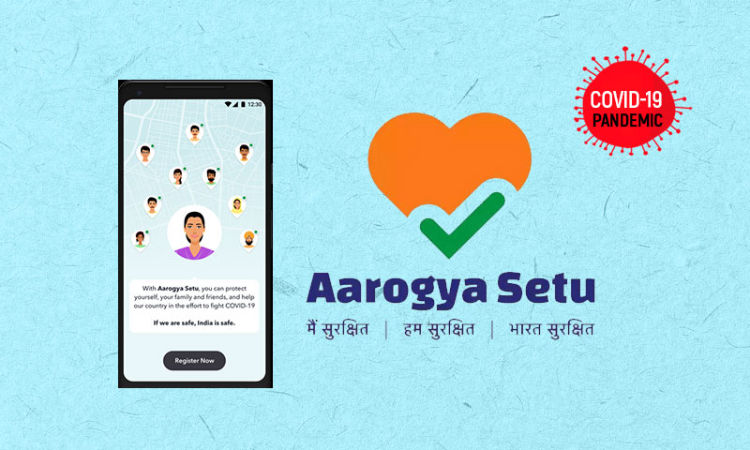The Delhi High Court has directed the Union Government to file an affidavit specifying if there are any file notings or written communications between the stakeholders in the creation of Aarogya Setu app or if the same happened orally via video conferencing. While hearing a plea seeking various information about Aarogya Setu under the Right to Information Act, Justice Subramonium Prasad...

